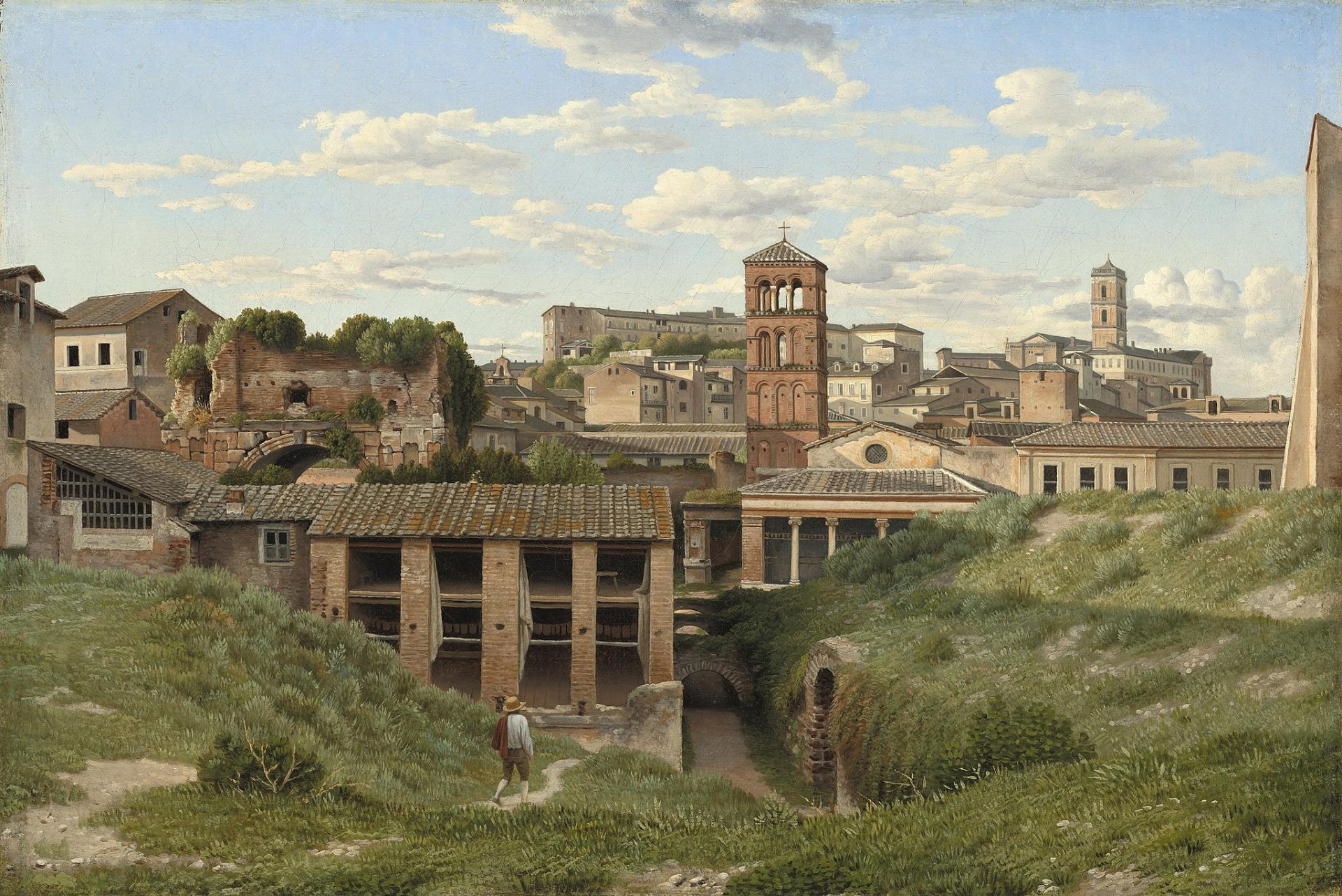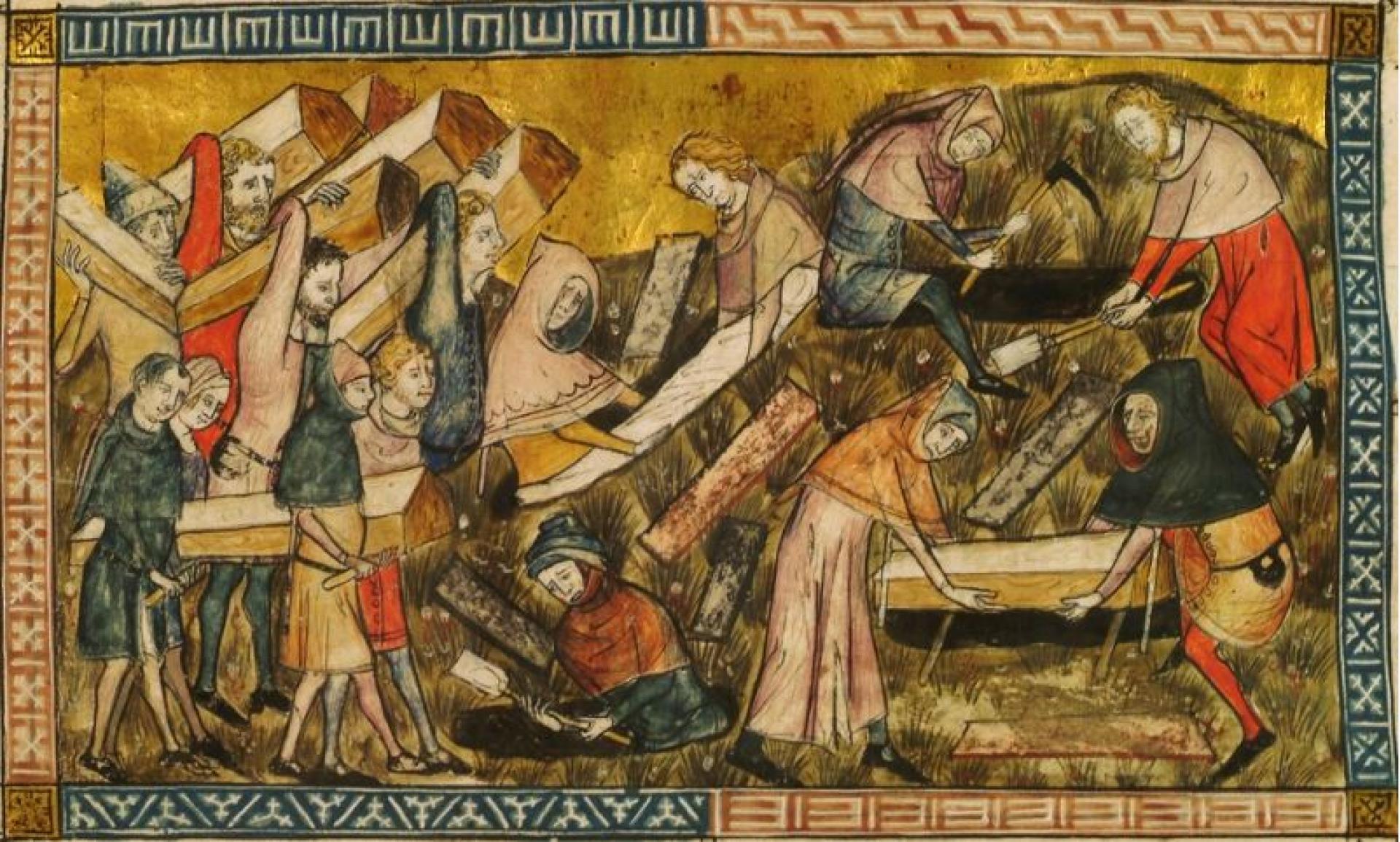Plagues, Pandemics and Possibilities: Lessons from History
Tuesday Jul 07,2020 | Social Innovation
![]()
By Ho Han Peng
The world last experienced a pandemic in 1918–19 that was caused by the influenza virus, but pandemics have been around for a while. One of the earliest recorded, from 541 CE, was the Justinianic plague which spread across and beyond the Roman Empire and claimed 25 million lives. And let’s not forget the Black Death 800 years later that killed a third of Europe’s population. Pandemics have never gotten a good rep, but despite the dark shadows they cast, some of the greatest milestones in human civilisation can be viewed as mitigating strategies or products of the circumstances.
Innovation below the surface
Ancient settlements were often built near rivers, but as time passed, communities began to move inland and systems had to be developed to channel off floodwaters and waste. Being used to our “first world” comforts, we rely on but seldom think about the unglamorous sewage system. Literally, it is what separates a city from a cesspit.
One of the world’s earliest sewage systems, the Cloaca Maxima, was constructed in Ancient Rome around 600 BCE. The Romans loved their baths and it is no coincidence that this system existed in a (relatively) dense urban setting, where good sanitation management could reduce the spread of water-borne and other diseases. Even earlier, in the site of Mohenjo-daro (ca. 2500 BCE), an ancient city belonging to the Indus Valley Civilisation located in modern-day Pakistan, archaeologists have uncovered remains of a drainage system that ran along streets and was connected to houses and bathing areas. By elevating the basic need for hygiene and sanitation into a systemic (instead of piecemeal) design, effective sewage management combats a “wicked problem” to improve the lives of many people over generations.

Cloaca Maxima; image via Wikimedia Commons (Public domain).
We see similar examples of innovations today, such as the way existing technology is being used and perhaps “elevated” in the COVID-19 pandemic. Digital transformation has become a matter of business survival with the potential to promote an inclusive workforce as well. Amidst the virtual meetings, events and happy hours you could attend in the comfort of your pyjama pants, we are witnessing an accelerated role of technology from contactless payments and distance learning, to remote working and telehealth.
Redefining social systems
Another bubonic plague, aptly named the Black Death, raged through Europe from 1347 CE. This plague was transmitted by fleas which killed off many serfs and labourers who lived in cramped conditions. As a result, there was a shortage of manpower, especially in the estates owned by the landed elites. The high demand for workers meant that the lower classes could bargain for better salaries and improve their quality of life.
Quite expectedly, the elite fought back with laws that depressed real wages and restricted what lower classes could consume, which set the stage for the class struggles that doomed the already weakening feudal system. Interestingly, the Black Death created a climate that disrupted class structures of the day, and unwittingly nurtured ideas about the “future of work” in early modern Europe.

The Black Death; image via Wikimedia Commons (Public domain).
Aspirations for an alternative, egalitarian society would progress from the 16th century onwards, carried by further intellectual, cultural, economic and political transformations. These included the Protestant Reformation, expanding global trade (sadly, entwined with colonialism) and new ideas of liberty and equality in the Enlightenment period that resonate with the Universal Declaration of Human Rights of our time.
London plagues and plays
London was struck with recurring plagues in the 16th and 17th centuries that reduced its population by as much as 30 per cent and forced the closure of many businesses. Despite the low morale clouding over Londoners, one of the greatest playwrights in history, William Shakespeare, chose to take the hard times in his stride.
When the 1606 plague shut the doors of the popular Globe Theatre, Shakespeare couldn’t stage his productions and basically had to “work from home". Despite his circumstances, he went on to write three of his famous tragedies during this time—Antony and Cleopatra, Macbeth and King Lear—and did you know that Romeo and Juliet was produced shortly after the plague of 1592–93? When the Globe Theatre finally reopened its doors, Shakespeare was more than ready with his new works to entertain and lift the spirits of his audience.

Shakespeare's Globe Theatre; image via Flickr (CC BY 2.0).
In this historical nugget, we find that a creative mindset in times of hardship can produce enduring works of art. The richness and breadth of the arts can certainly be nurtured in times of plenty; but cultural flourishing in times of epic disease must surely be more inspiring.
Conclusion
By entertaining possibilities, innovators and problem-solvers in history have shown the ability to leave lasting legacies. From sewage systems and urban design, to social transformation and cultural production, plagues and pandemics have instigated notable contributions in human history. Beyond pandemics, the historical record also reminds us of similar remarkable developments during war and disasters, which are borne out of fortitude, resilience and necessity in times of crisis.
Ho Han Peng is an Assistant Director at the Lien Centre for Social Innovation.